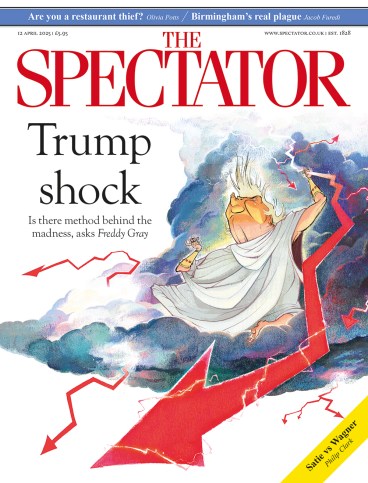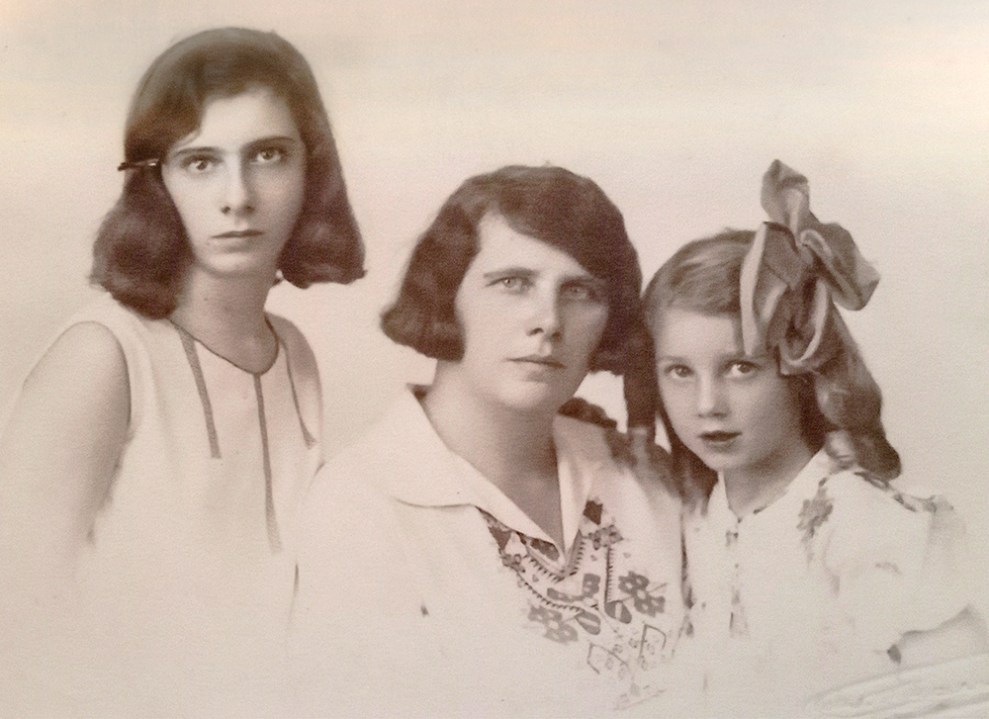
Late one evening in 1994, an Italian magistrate walked into a storage room at the military prosecutor’s offices in Rome. There his eye was caught by a 6ft-high wooden cupboard, curiously positioned so that it faced the wall. His interest piqued, he pulled the cupboard around and opened its doors. Inside were stacks of documents dating from the mid-1940s. In all, there were 695 long-lost war crime investigation files, detailing more than 2,000 incidents that had taken place in Italy during the fascist period. Picking up the story, the Italian media dubbed the cupboard the ‘wardrobe of shame’ – which quickly became a metaphor for what Thomas Harding calls ‘Italy’s general amnesia about the fascist past’.
The Einstein Vendetta focuses on one specific war crime: a triple murder that took place at the beautiful Villa Il Focardo, 15 miles from Florence, in the summer of 1944. The first half of the book sets the scene, painting the idyllic pre-war world of the German-born Robert Einstein (a close cousin of Albert), his Italian wife Nina, two daughters Luce and Cici, and informally adopted twin nieces, all living at their villa, surrounded by a vineyard, wheat fields, a peach orchard and olive groves. As the author of several books focusing on properties with poignant second world war histories, such as The House by the Lake, Harding is well suited to writing a villa-based drama. Here he evokes time and place beautifully, while paying forensic attention to detail. As a result, the story is a slow burn but the short chapters, with plenty of cliff-hangers, keep the pages turning.
By late 1943, Italy was divided between Mussolini’s fascist regime in the north and the German-occupied south.








Comments
Join the debate for just £1 a month
Be part of the conversation with other Spectator readers by getting your first three months for £3.
UNLOCK ACCESS Just £1 a monthAlready a subscriber? Log in